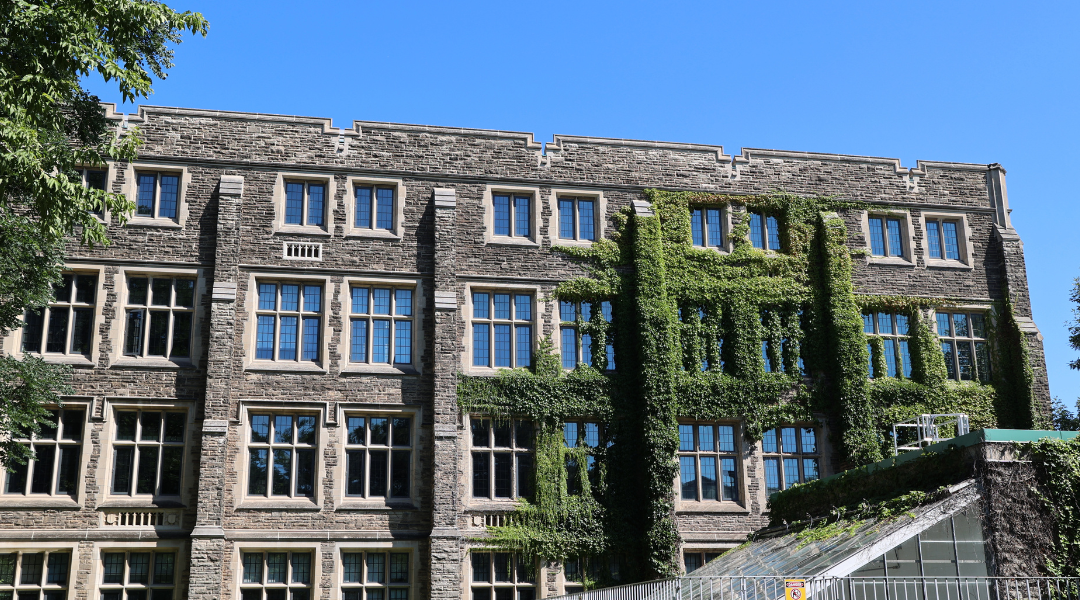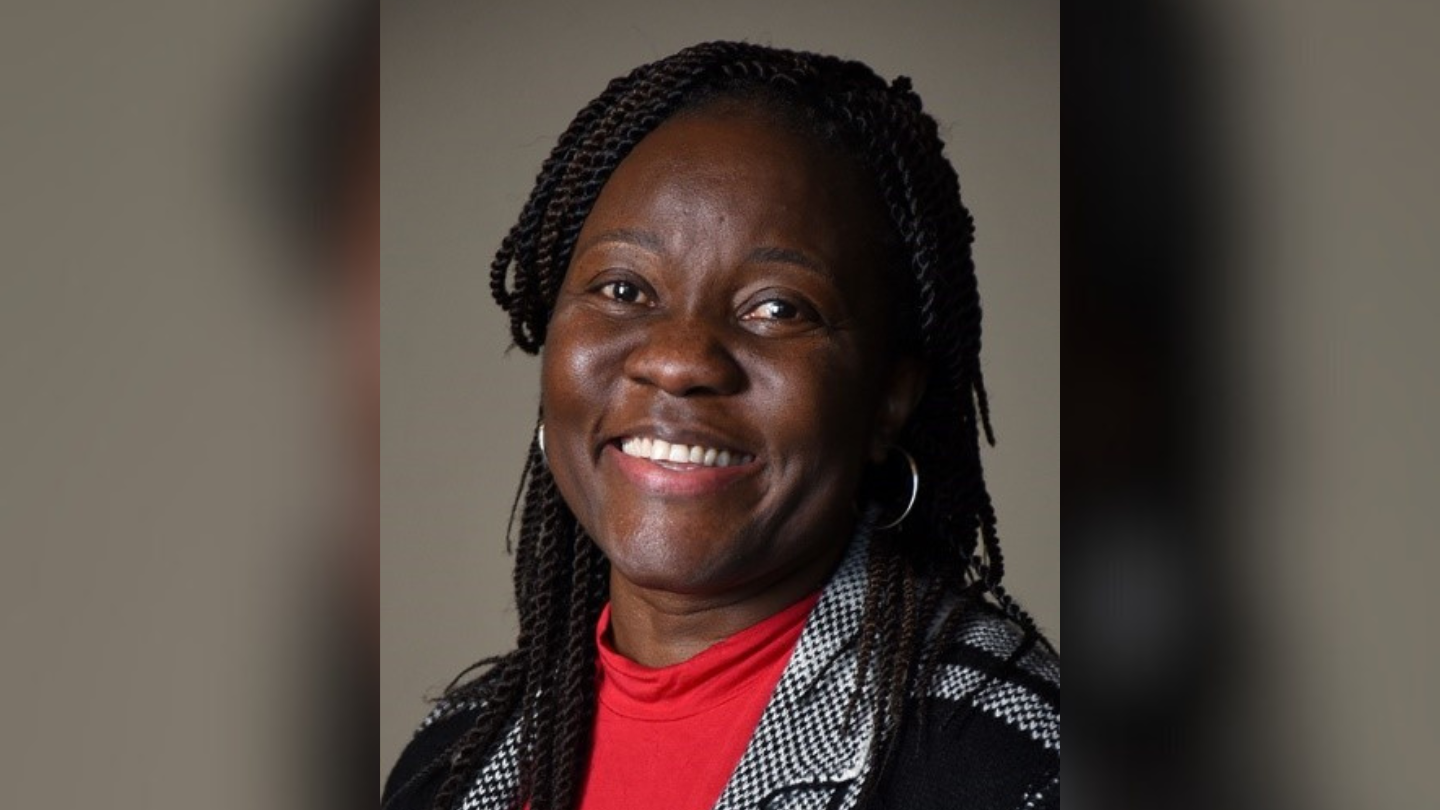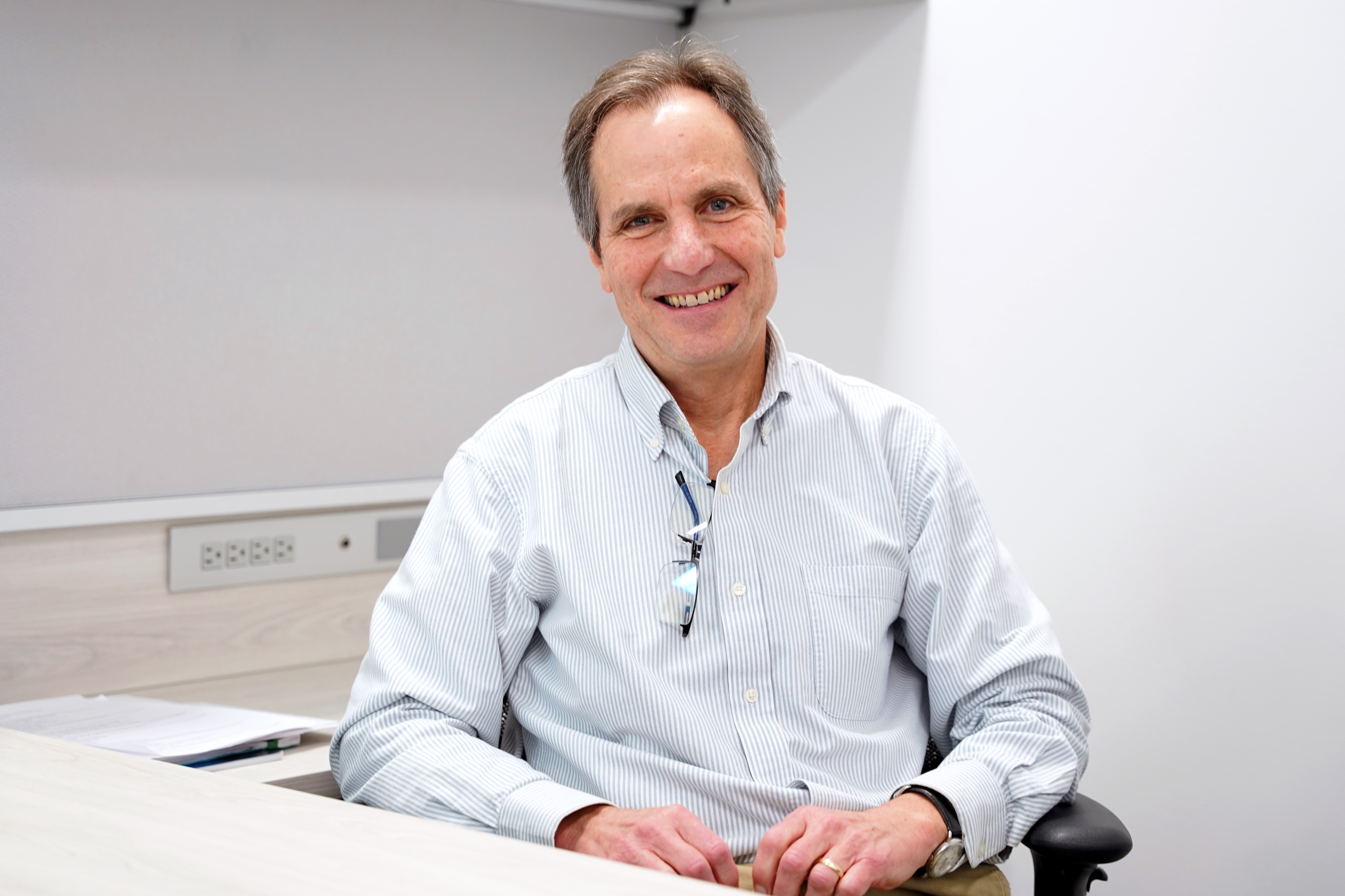Chief Electoral Officer of Canada speaks to McMaster community about the health of Canadian democracy

A federal election is a mammoth undertaking. Each federal election, a temporary workforce larger than the size of the Canadian military is recruited to ensure that the democratic process goes off without a hitch.
That’s even before you consider the vast scale of Canada’s geography, with a diverse electorate ranging from urbanites in Toronto and Vancouver to fly-in communities in the Arctic Circle.
But these unique considerations are at the heart of the work of Canada’s Chief Electoral Officer Stéphane Perrault, who gave a public lecture and Q&A session to the McMaster community on February 26.
The wide-ranging discussion covered topics from scrutineers to voting-booth selfies, but the main themes, and Elections Canada (EC)’s biggest concerns, were fostering trust, protecting against election interference, improving electoral services for Indigenous electors, and modernization.
Since the 1970s, trust in public institutions has been falling, and not just in Canada but much of the western world. Elections Canada, as an independent, impartial, nonpartisan electoral body, was originally created in 1920 as a response to the problem of trust. Trust has thus remained a core consideration for EC since its creation, and Perrault explained how he and his team work to ensure EC remains a trusted institution. After all, the trustworthiness of the electoral process is central to a functioning democracy.
Perrault also told the audience that there is research showing that the younger generation may not be as attached to democracy as older generations, and pointed out that the vast majority of the six per cent of Canadians who are not registered to vote are between 18 to 34. As such, engaging with youth to reduce informational and access barriers to electoral participation is a key priority for Elections Canada.
Reducing barriers for Indigenous electors is also a priority. This includes not only the logistical challenges of physically reaching small, remote communities across massive territories such as Nunavut, but also working with community leaders who may view the Canadian government with suspicion. In 2021, 57% of First Nations had a polling station within their community, with the others being served by polls a short distance away.
Foreign interference also poses a threat to the integrity of our democratic process. Bad actors have significantly ramped up their meddling since Russian interference in the 2016 U.S. elections, which Perrault described as “wake up call”. Perrault highlighted the importance of EC taking action against interference – while maintaining their critical impartial position.
Perrault spoke to EC’s role in countering inaccurate information: they are not an arbiter or adjudicator of truth in electoral campaigning writ large, but rather they have a responsibility to address misinformation and disinformation where it directly relates to the electoral process. That is why EC has recently launched ‘ElectoFacts,’ a new resource that Canadian electors can use to verify whether information they come across about Canada’s federal electoral process is accurate.
Misinformation and disinformation, spread on social media both maliciously and innocently, can have an impact not only on the outcome of the elections, but on the behaviour of those at polling stations. In this era of growing polarization, EC is increasingly seeing tensions rise – for instance, in the 2021 election, there were over 100 cases where staff had to call the police due to mask-related tensions, though luckily no-one was harmed.
Following his public lecture, Perrault and the EC team spent the day on campus meeting with McMaster students, faculty and staff, touring the Digital Society Lab, and discussing research and experiential learning opportunities with EC.
“It was a pleasure to be at McMaster for the launch of the CIVDEM undergraduate learning pathway, which aims to strengthen civic and democratic engagement, vitality, and electoral integrity,” said Perrault “I look forward to Elections Canada’s future work with McMaster collaborating on this important engagement.”
The event was hosted by CIVDEM, a new Interdisciplinary Minor in civic vitality, democracy and electoral management, which will be available to students beginning this fall.
Departmental NewsRelated News
News Listing

Welcome Lydia Kapiriri, Director of Equity, Diversity, Inclusion and Indigenous Strategies for Social Sciences
Departmental News
15 hours ago

3 days ago

Master of Public Policy Graduate John Halligan Advocates for Consumer Protection in the Ontario Legislature
Departmental News
December 6, 2024
